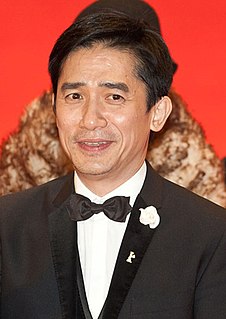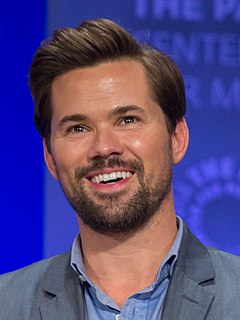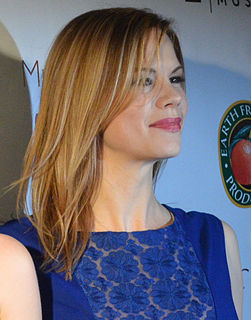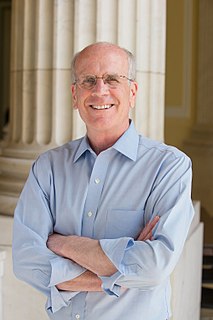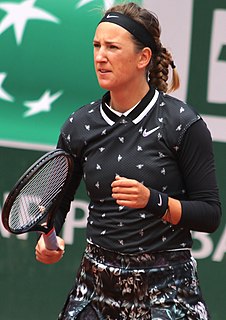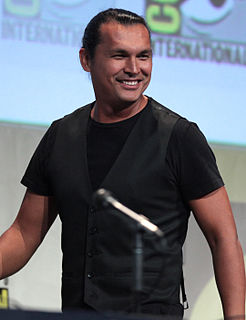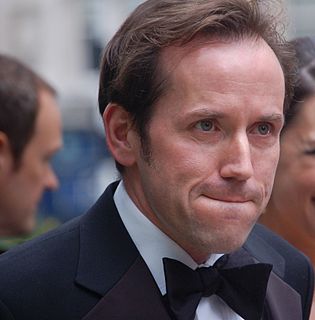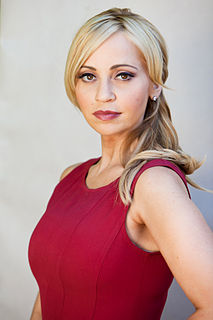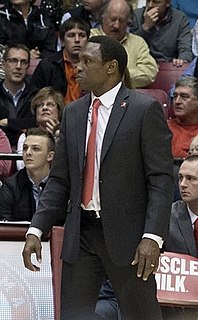A Quote by Tony Leung Chiu Wai
I was 19 years when I got into acting training classes at a TV station and then I found a way to express my feelings. My father left us when I was a kid and I just shut down all of my emotions. I wasn't talkative; I didn't know how to communicate with people. I tried to separate from people. After I got into the classes I found a way of expressing myself through characters. I can cry behind a character, I can shout behind a character and it became a relief. And it's fun.
Related Quotes
As a kid, I was fortunate that we grew up near a children's theater, with all different classes and things; so as a kid I took classes there and as I got into high school I did all the community theater stuff. Then I came to college here in New York, going to Marymount Manhattan, and studied acting there. But most of the training I got was from working. Working with really great people.
I grew up in such a small area that there really weren't any acting classes. So I had to wait till I got to college, at the University of Washington. I was a theater major there and got my training. Then after college, I packed up my Honda Civic and kind of fulfilled the cliché of driving down to Los Angeles, and literally, brick by brick - you know, the slow and painful way - I built my career.
In the middle of my second year at school, in 1943, I got drafted into the army, was gone for three years, and when I came back, I tried to get into the painting classes which I wanted, but because of all the returned GIs [the GI Bill], everyone was in school and the classes were all full. So I looked at the catalogue and found that there was a ceramic class offered and that there was space in that. I registered for a ceramic class and some drawing classes.
I wanted to be a singer, of course, but there was something about the songwriting, then and now, that is the most important thing. It's how I express myself, how I express how I see things. When I see people struggling with emotions and feelings and don't know how to put it down, I'm able to do that. It's really like a therapy, and it's like a buddy and a friend. It's a way out of a lot of things.
Some TV shows are like really good novels in that there are enough episodes that you start to have your own feelings about how the characters should act. When the scriptwriters go slightly wrong, when they make the character make a left turn that he or she wouldn't do, you know enough about the characters to say, "No, that's not what she would do there. That's wrong." You can actually argue with a TV show in a way that you can't do as much with movie - you inhabit a TV show in the way you inhabit a novel.
I think when I started acting it was the first time I got the freedom of expression. I was able to express certain emotions and feelings that I could put into other characters, so it was a good way for me to run away from ho I personally was. I could be a ninja, I could be a pirate or I could be in a play y'know.
Acting is about giving yourself away, like the U2 song 'With or Without You.' You just don't stay behind a character and make people laugh or cry. At some point you have to take off that mask, and when you do, you're a human being, not just an actor. After all, I'm Catherine the person first. You share that.
There are a lot of things that make players really good coaches. Whether you've played in the NBA or not, there are certain things you have to master and be really good at. They just have to be gifted in these areas. You've got to be competent. Secondly, you've got to be able to communicate. You can have a picture in your mind on how to score but if you can't communicate it, if you can't teach it, what good is it? You've got to be brutally honest and be a man of strong character and then you've got to have class. They've got to respect you.
